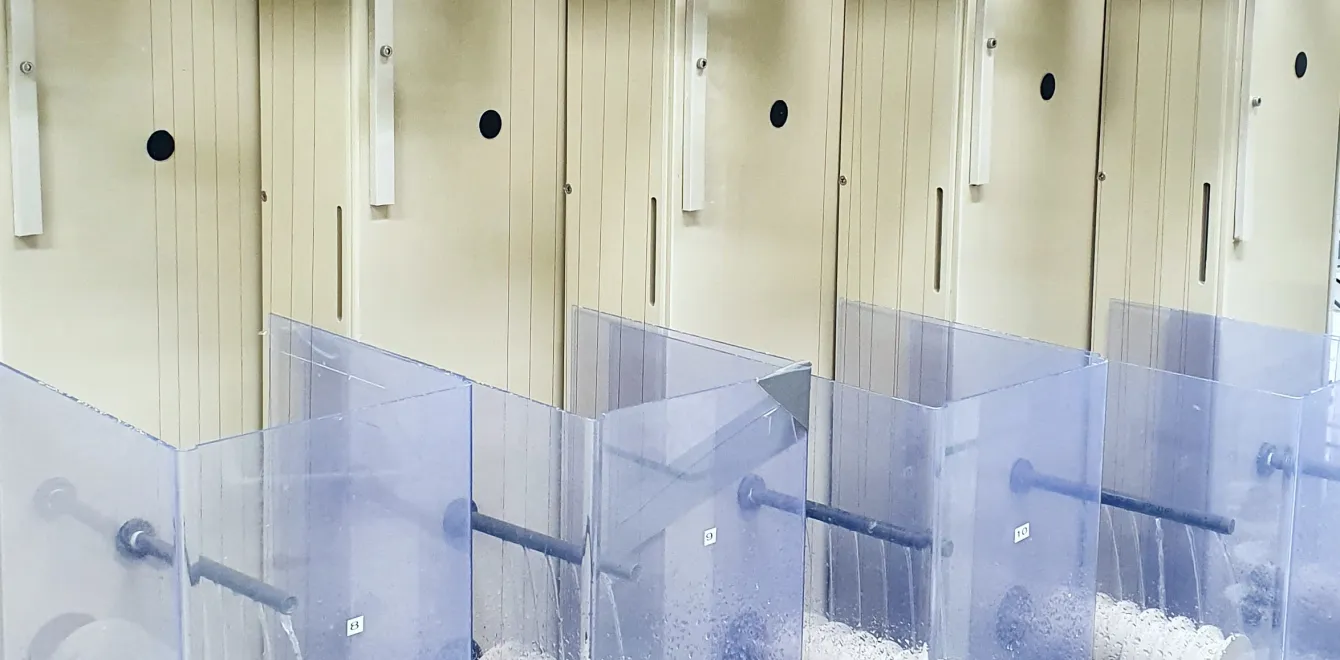
Biobased carbon fibers - how to avoid fibers sticking together?
How can we avoid that biobased carbon fibers stick together during processing? A practical and recurrent problem with precursor fibers containing lignin is that they easily stick together, which negatively affect subsequent steps in the carbon fiber process. This project investigates the scientific causes and aims to find new solutions.
Carbon fibers from lignin-cellulose
Using carbon fibers as reinforcement in composites provide a lightweight material that can replace steel, aluminium or glass fibers in many applications, e.g. in the transport sector or in the turbine blades for wind mills. Today's carbon fibers are unfortuntately too expensive for many products and are also made from fossil-based polymers. Lignin has for a long time been considered to be an attractive candidate as raw material for carbon fibers, since it not only comes from a renewable resource and has a high carbon content, but can also be produced as a byproduct from pulp mills. However, a practical problem is that precursor fibers containing lignin easily stick together, or fuses, which causes further problems in the subsequent processing steps. For example, it can increase the risk of uneven tension distribution in the fiber bundle during carbon fiber production, which is devastating from a production point of view as it increases the risk of fiber breakage and thus stoppage of production.
Aim and vision of the project
The long-term vision is to develop resource efficient and sustainable forest-based carbon fibers as a complement to the expensive petroleum-based carbon fibers on the market today.
After finalization of the project, the objectives are:
- Determined fundamental causes to why the fibers stick together by investigating thermomechanical (drying/pressing) and chemical methods (washing/spin finish) with potential to reduce the problems.
- Developed at least one solution that satisfactorly solves the problem
- Evaluated the solution with respect to sustainability, process and cost for up-scaling
Summary
Project name
FiberFuse (ÅForsk)
Status
Active
RISE role in project
Koordinator, forskningsaktör
Project start
Duration
2.5 år
Total budget
850 kkr